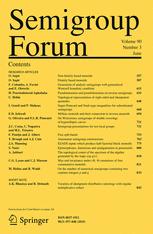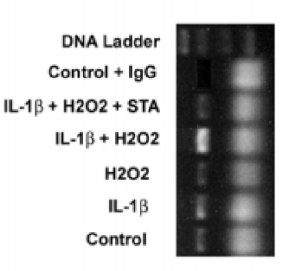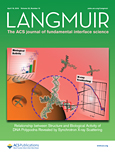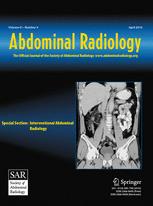An author is prepared to sue Elsevier if it doesn’t un-retract his paper.
Computational Materials Science published two papers by the same author just eight months apart; nearly four years later, the journal pulled one for duplication. Author Masoud Panjepour, affiliated with Isfahan University of Technology in Iran, told us that he is working with a lawyer to negotiate a solution. However, if the publisher does not un-retract the paper, he does “not rule out filing a lawsuit.”
Here’s the retraction notice for “The effect of temperature on the grain growth of nanocrystalline metals and its simulation by molecular dynamics method,” which appeared last November:
Continue reading Author threatens to sue Elsevier if paper remains retracted









